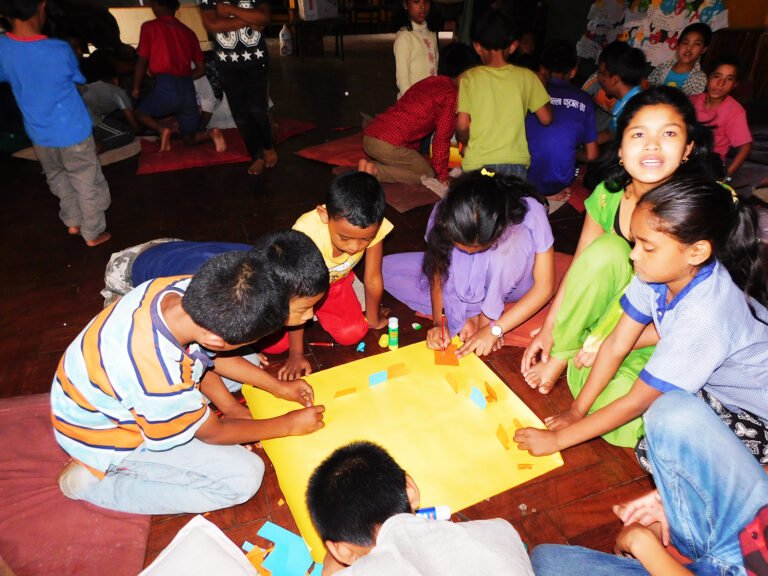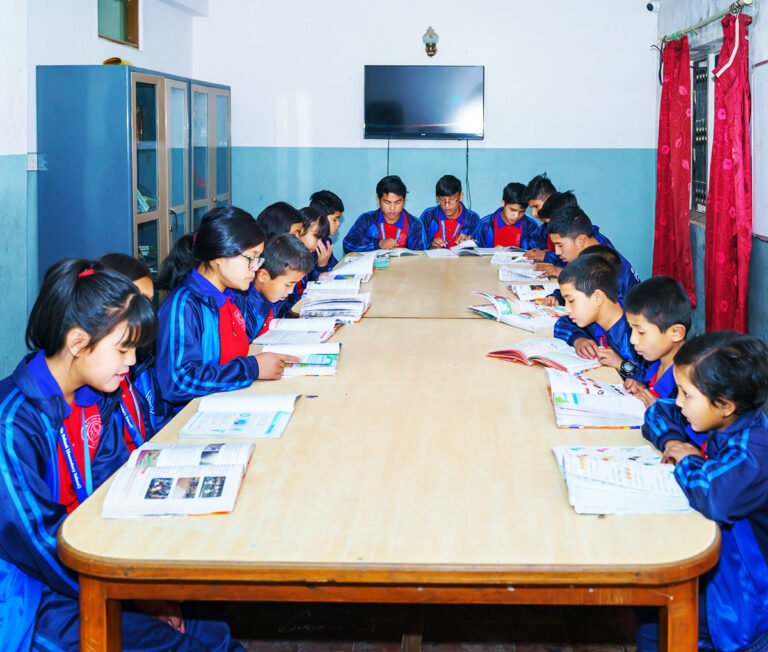
Residential Care
Child care, otherwise known as day care, is the care and supervision of a child or multiple children at a time, whose ages range from two weeks to twenty years. Child care is the action or skill of looking after children by a day-care center, nannies, babysitter, teachers or other providers. Child care is a broad topic that covers a wide spectrum of professionals, institutions, contexts, activities, and social and cultural conventions. Early child care is an equally important and often overlooked component of child development. Child care providers can be children’s first teachers, and therefore play an integral role in systems of early childhood education. Quality care from a young age can have a substantial impact on the future successes of children. The main focus of childcare is on the development of the child, whether that be mental, social, or psychological.

Child Care
In most cases children are taken care of by their parents, legal guardians, or siblings. In some cases, it is also seen that children care for other children. This informal care includes verbal direction and other explicit training regarding the child’s behavior, and is often as simple as “keeping an eye out” for younger siblings. Care facilitated by similar-aged children covers a variety of developmental and psychological effects in both caregivers and charge. This is due to their mental development being in a particular case of not being able to progress as it should be at their age. This care giving role may also be taken on by the child’s extended family. Another form of childcare that is on the rise in contrast to familial caregiving is that of center-based child care. In lieu of familial care giving, these responsibilities may be given to paid caretakers, orphanages or foster homes to provide care, housing, and schooling.

Our Partner
At home, care is typically provided by nannies, au pairs, or friends and family. The child is watched inside the home. This is done with a motive to avoid illnesses from outside interactions. Depending on the number of children in the home, the children utilizing in-home care could enjoy the greatest amount of interaction with their caregiver, in turn forming a close bond. There are no required licensing or background checks for in-home care, making parental vigilance essential in choosing an appropriate caregiver. Nanny and au pair services provide certified caregivers and the cost of in-home care is the highest of childcare options per child, though a household with many children may find this the most convenient and affordable option. Many nannies study towards childcare qualifications. This training is intended to teach a carer how to create a safe and stimulating environment for children to enjoy and thrive in. Typically, au pairs or nannies provide more than routine child care, often providing assistance with daily household activities which include running errands, shopping, doing laundry, fixing meals, and cleaning the house.

Extra Activities
This curriculum is based on the tasks required for Care giving at various home, workplaces such as Day care centers, Children Homes/Orphanages, Elderly Homes, Private Homes, Hospital/Health Centers, Rehabilitation Centers, and Private Care Centers in the country and abroad. This curriculum consists of five subjects (1) Environment, Health and Sanitation (2) Nutrition, (3) Emergency and First Aid, (4) Hygienic Care and (5) Maternal and Child Care. The duration of particular subject will be as mentioned in the course structure. There will be demonstration by instructors/trainers and the opportunity to practice the skills/tasks, included in this curriculum, by the trainees.











